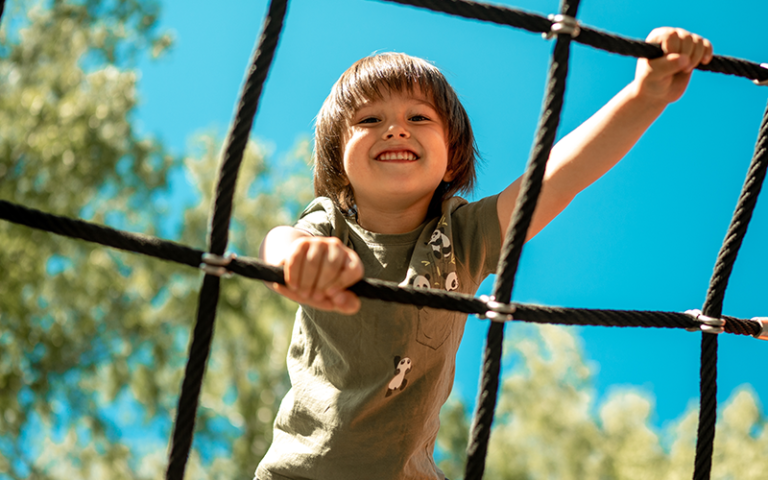
Many parents feel the struggle of trying to get their child to pay attention/focus on a task. Often it is asked, “How can I get them to pay attention better/ focus on what we are doing?” First, we should address what is a typical attention span of a child per age.
The following is a generalized chart. It is typically considered the rule of thumb that children will have an attention span of 2-3 minutes per year of age. Some researchers say it could be up to 5 minutes of attention per year of age. If a child is engaged it could be much longer.
- 2 years old: 4 to 6 minutes
- 4 years old: 8 to 12 minutes
- 6 years old: 12 to 18 minutes
- 8 years old: 16 to 24 minutes
- 10 years old: 20 to 30 minutes
- 12 years old: 24 to 36 minutes
- 14 years old: 28 to 42 minutes
- 16 years old: 32 to 48 minutes
To put this in perspective then, it is not a common occurrence to have a 2-year-old sit and play with one thing for 15-30 minutes. How long a child can truly focus is influenced by things such as how hungry or tired they may be, if there are a lot of distractions around, and how interested they are in the activity. In this vastly electronic age, waiting quietly and finding things to do on their own, is not something most children are accustomed to anymore.
While we may not be able to get our preschoolers to attend to a task for an hour, we can do some things that will help them to learn to focus. First and foremost, we need to take into consideration the time of day and be sure the basic needs are met first. Children who are hungry, thirsty, or tired are not as likely to focus well. The same goes for adults. When we are tired, hungry, thirsty, uncomfortable, etc., we lose focus quicker. So what can we do to help?
- Start by being attentive to your child. They learn what they see. If we are distracted and not focused when we spend time with them, how can we expect them to do the same? Is the TV or phone always on? Remove those distractions.
- “Teach” attentiveness. We tell children to pay attention, but do they know what that means? You can start by having a timer/ watch/ sand timer/etc that you set up and then ask your child to do a certain activity for a set amount of time-start with a very low number, working your way up. This gives them a set amount of time and makes it visual and concrete for them. Then they know they can take a break or do something different.
- Only give one or two directions at a time. If a child is having difficulty focusing, giving more than one task may seem overwhelming, and instead of trying to do it, they may just avoid it altogether. So break those directions up. For example, if you want them to clean their room, start with, “I want you to pick up your cars and trucks and I set the timer for 5 minutes, can you beat it?” Once they have succeeded, let them do something different for a little bit, then return to pick up something else.
- Make mundane tasks, or things of lesser interest into more of a game. If they do not like to write their names with paper and pencil, try to paint it, make it out of playdough, write it in shaving cream/ sand/ dirt/ etc. Think outside the box. Children learn best through pointed activities that are brain and play based. Incorporating more senses into the activity will help keep them engaged as well as learn more.
- Try mindfulness exercises. They are to help children focus on the moment. Begin in small increments. One great way to do this is to have your child lie down on the ground and place a stuffed animal on their belly. Then have the child talk through belly breathing– making the animal move up and down while they breathe. This helps to slow down your heart rate and clears out your mind so your ability to concentrate is higher. You could slowly incorporate yoga into your child’s day.
- Get physical. Be sure to include A LOT of physical activity in your child’s day. Sometimes when they cannot focus, have them take a jog around the house or room, jumping, throwing a ball, etc. It can be helpful to have 15 minutes of active play before needing to pay attention for some time.
- Play games that can help build focus. Examples of these are the memory game, Simon Says, Red Light Green Light, and I Spy.
We can’t change our children, but we can help to direct and sometimes increase some of their focus by taking these steps. If your child’s attention span does not seem to increase with age or is of great concern to you I would suggest speaking with their teacher and physician about it.
We hope that this has helped you. If you find yourself with further questions or are looking for other resources, visit us at VK Early Learning and we would be more than happy to assist you in any way we possibly can.




